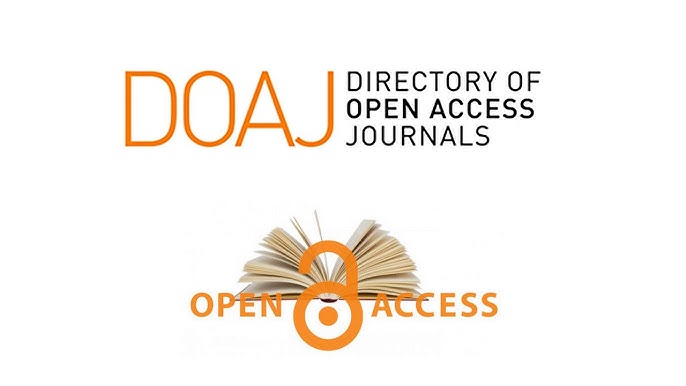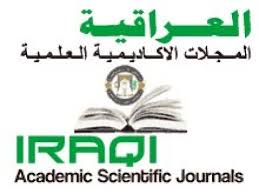Some Possible Hydro-Economic Effects of Ilisu Dam Project Within the Overall Effects of Southeastern Anatolia Project (GAP)
الملخص
Aastract
Economically, the Ilisu dam project, together with the other
components of GAP, is a logical response to population growth which
the Republic of Turkey witnessed over the period 1950-2006, and
witnessing now (2008), as well as the developmental efforts
undertaken by the Turkish government to enable the economy to
absorb the growing labour force, and to reduce income and living
inequality within the GAP region and between this region and the
other regions of the Turkish economy. This necessitated, among
other things, the expansion of agricultural productive capacity, thus
actual agricultural production, not only to feed the rapidly increasing
population as well as supplying the other sectors with agricultural
inputs, but to avoid the possible worsening of the problem of priceinflation
and current account deficit in Turkey. The growing
population base, and the associated developmental efforts conducted
by the Turkish government in the recent past, at present, and in the
foreseeable future all are associated with a given average annual flow
of the Euphrates–Tigris rivers (within Turkey) of no more than 55
billion cubic meter. Based on this fact, and other data, the author
argues that - in the absence of a binding water sharing and water
* Ph.D. in Economics, University of Southampton, U. K.
(12 ) مركز الدراسات الإقليمية دراسات إقليمية 5
management agreement of the Euphrates-Tigris flow between
Turkey and Iraq – if Turkey were to go ahead with the Ilisu dam,
along with the other components of the GAP, the combined average
annual flow of the Euphrates-Tigris rivers would be reduced, at the
Iraqi borders, to some 40% of the 1960-1970 average flow. The main
conclusion of this study is, therefore, as follows: in the absence of the
aforementioned agreement, the construction of Ilisu dam, along with
the other components of GAP, may enable Turkey to achieve a sort
of sustainable agricultural and economic development. However, that
development will very likely be at the expense of agricultural
development in Iraq… One of the victims of such "sustainable
development", in Turkey, will almost certainly be the reconstruction
project of the marshlands of Lower Mesopotamia.
Keywords: Population growth, Agricultural productive capacity, Irrigated land,
Cereal output, Marshlands, Annual rate of flow, Ecosystem, Population
conference, Binding water agreement.



